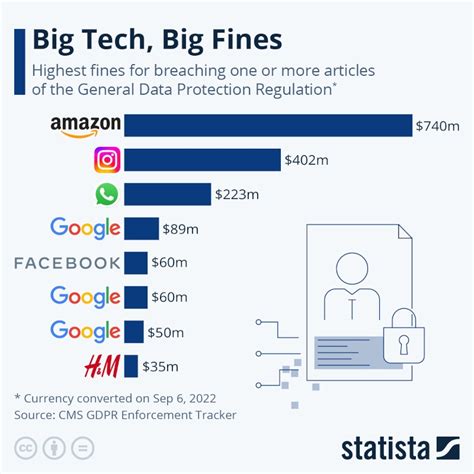The $5.9M fine levied against Amazon by California’s labor agency for breaking labor laws raises critical questions about corporate governance, regulation, and effective punitive measures. This relatively minor fine for a giant like Amazon, which reported a staggering $574 billion in revenue last year, seemingly pales in comparison to the scale of the company. The sentiment echoed by many is that such fines, akin to a slap on the wrist, fail to address or deter corporate misconduct. As corporations continue to grow exponentially, using traditional fines as a deterrent becomes increasingly ineffective. But what is the most effective regulatory approach when dealing with corporate giants?
The comments from various stakeholders highlight a range of perspectives on this issue. One user pointed out that Amazon makes this amount in a mere five minutes, underscoring just how insignificant such fines are in the grand financial scheme of the company’s operations. In contrast, others questioned whether there is a more profound underlying issue with how fines are administered and their proportionality to corporate revenue. The idea of tying fines to company revenue, similar to how personal speeding fines are adjusted in Finland based on income, has gained traction as it appears to be a fair way to ensure the punishment fits the financial capacity of these entities.
Moreover, the discussion delves into the specifics of why the law, known as the ‘Warehouse Quota Law,’ which targets Amazon and a few other companies, seems insufficient for industry-wide reform. Critics argue that if secret quotas, which lead to increased pressure and potentially higher injury rates among workers, are truly problematic, then the law should apply uniformly across all industries rather than selectively targeting Amazon. This selective application of the law raises suspicions about the legislation’s intentions and its efficacy in genuinely protecting workers’ rights.
Another compelling argument emerges around the concept of escalating penalties for repeat offenders. The suggestion is that fines should not only be proportional to revenue but also escalate with repeated violations. This approach would ensure that each subsequent fine stings more than the last, creating a cumulative deterrent effect. Escalating penalties, combined with measures such as temporary suspensions of licenses or government contracts, target the core of repeat offenders’ operational capabilities and incentivize compliance from the get-go.
Innovatively, some propose that governments should consider taking stock equity in lieu of fines. This concept revolves around diluting the company’s share value, thereby impacting stockholders and exerting pressure from within to enforce stricter compliance measures. With ownership, the government could gain insights into corporate practices, making management accountable and ensuring better adherence to laws and regulations. While critics argue that this could lead to expropriation or unwelcome political involvement in business operations, proponents see it as a necessary evolution in corporate governance in the face of growing corporate power.
The debate extends to the practicalities of administration and the potential impact on employees. Critics caution that overly harsh penalties or substantial workload disruptions could lead to job losses and economic instability within affected regions. Hence, while the need for systemic change is apparent, a balance must be struck to ensure that regulatory measures do not inadvertently harm the very employees they are designed to protect. Moreover, transparency in enforcement and public disclosure of labor violations and fines is crucial in maintaining regulatory integrity and public trust.
To conclude, the $5.9M fine against Amazon, though seemingly nominal for such a massive corporation, serves as a crucial case study for rethinking how labor laws are enforced. It is clear that fines need to be proportionate to revenue and progressively punitive for repeat offenses. Furthermore, integrating innovative financial penalties, ownership stakes, and increased transparency may offer a more robust framework for ensuring corporate accountability. As discussions continue, it becomes imperative that regulatory bodies evolve adaptive strategies to keep pace with modern corporate dynamics, ensuring fair practices and protecting workers’ rights across all sectors.


Leave a Reply